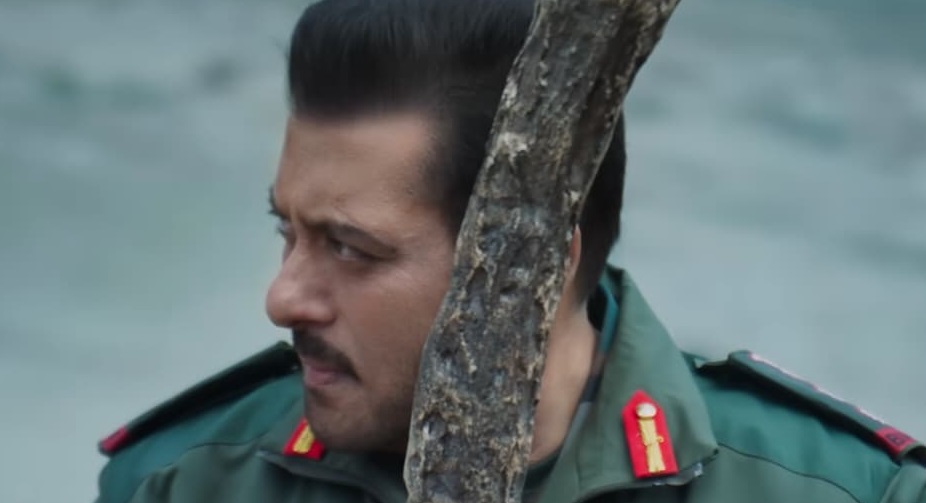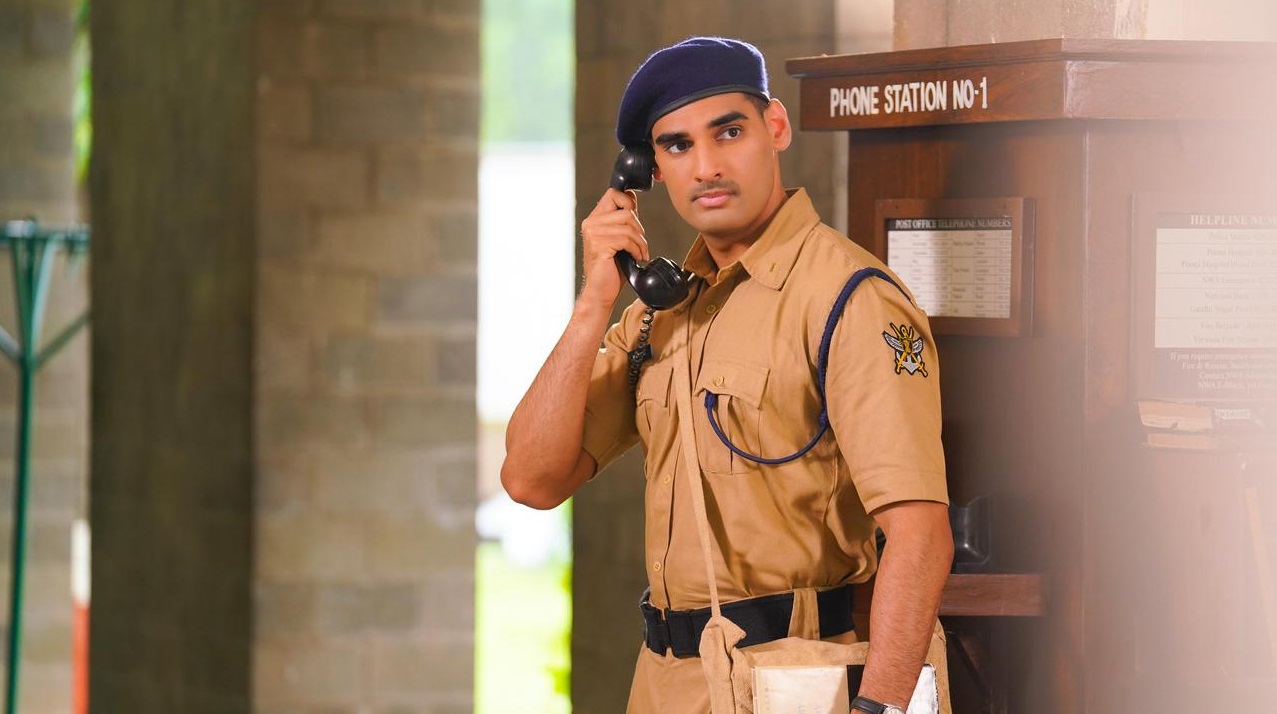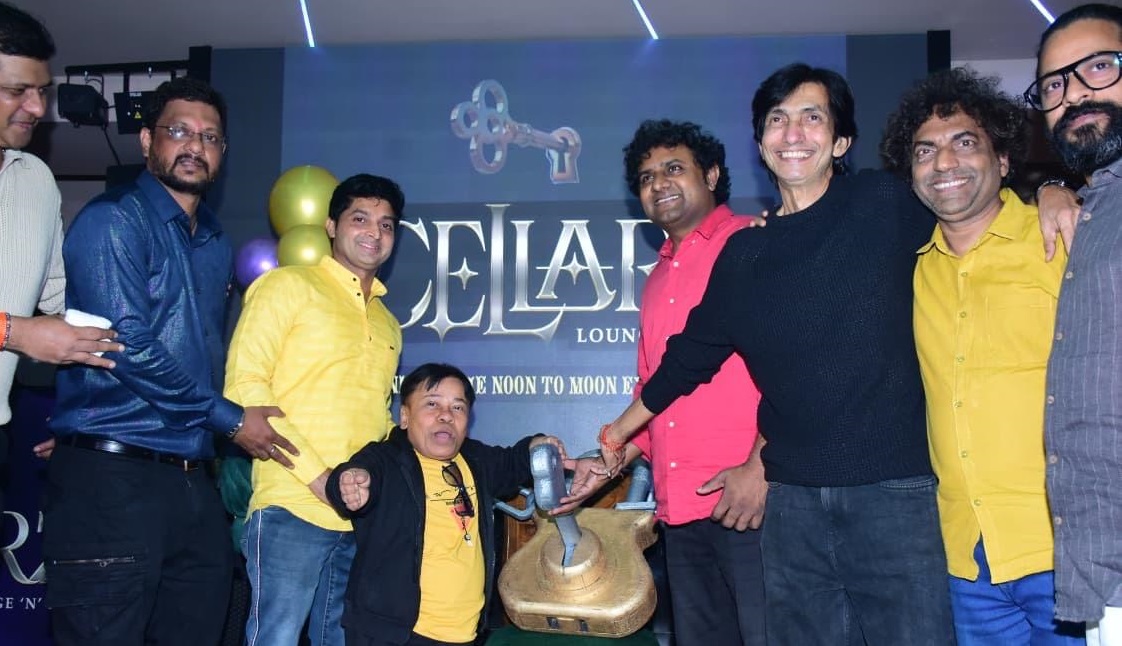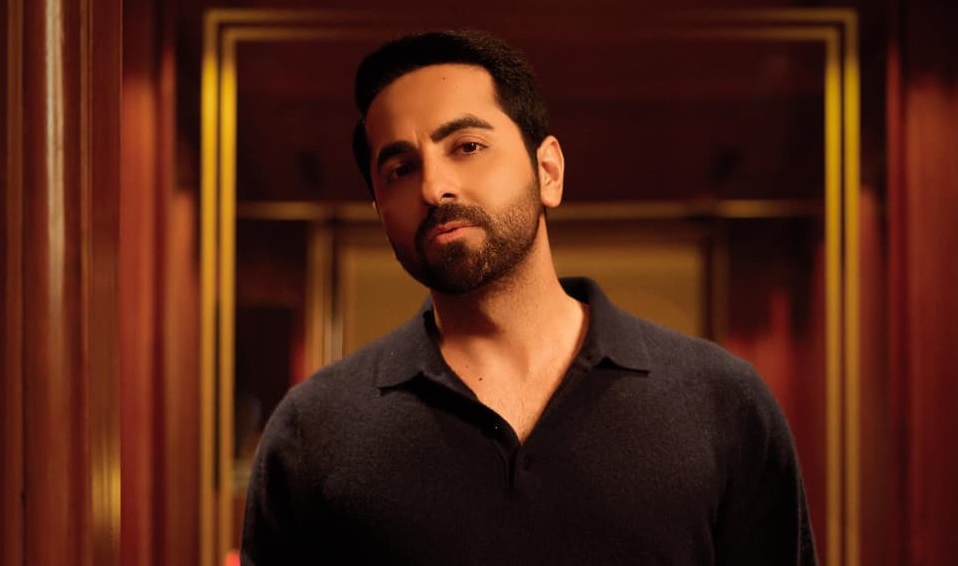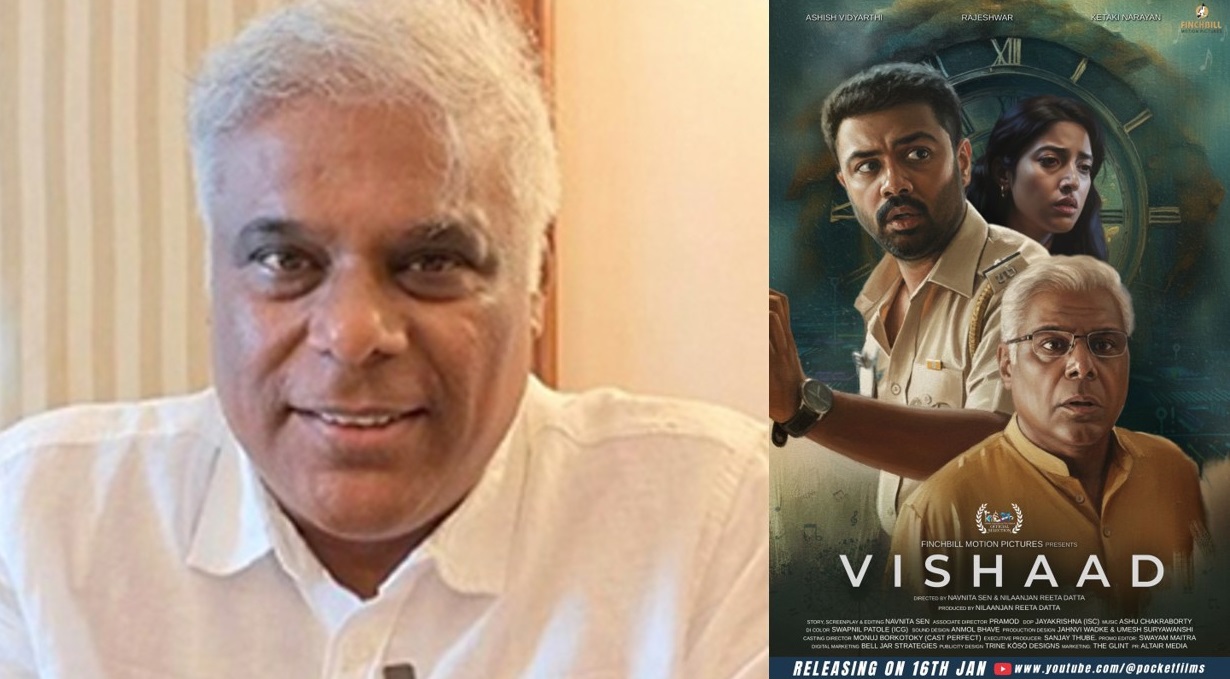Yogesh Mishra | yogesh@bollywoodtown.in
Vivek Ranjan Agnihotri is a producer, director, and writer best known for his “Files trilogy” films, which include The Tashkent Files, The Kashmir Files, and The Bengal Files, which is now ready for release. In an exclusive interview with Yogesh Mishra, he discussed his decision to focus on films about challenging topics in Indian history. He spoke about the reasons behind the poor box office collections of most Bollywood films, the ways in which cinema, as a nation’s soft power, can assist the younger generation, and more.
Cinema is considered to be the mirror of our society. How, according to you, can cinema change the fate of India through movies based on the hard-hitting situations of history?
Absolutely. Cinema is not just entertainment; it’s a powerful cultural weapon. When we depict our real history, untainted, raw, and courageous, it becomes a force of national awakening. We’ve seen how false narratives were glamorized for decades. It’s time to decolonize our minds. Through films based on hard-hitting historical truths, we can rebuild national identity, reclaim pride, and most importantly, educate the youth about the sacrifices, the pain, and the courage that shaped our civilization.
Looking at your initial movies and your recent few movies, we find absolutely a different kind of Vivek Agnihotri. How did these drastic and unbelievable changes come about in you as a filmmaker?
It wasn’t a change; it was a journey. Initially, like most filmmakers, I was influenced by the market and the glamour of cinema. But as I grew as a human being and understood my responsibilities as an artist, I couldn’t ignore the truth. I travelled across India, met real people, heard stories that broke me and rebuilt me. That’s when I decided that cinema must serve a purpose greater than entertainment.
According to the film’s Wikipedia page, “The Bengal Files” is the 3rd and final instalment of your “files trilogy.” Is it true?
Yes, that’s true. The Tashkent Files, The Kashmir Files, and now The Bengal Files form what I call the Files Trilogy, stories of genocide, ideological warfare, and cultural erasure. With The Bengal Files, I believe I’ve completed this cinematic mission. Of course, the journey of truth doesn’t end here, but this trilogy encapsulates a very specific and painful arc of India’s ignored history.
Do you think that the situation in our current West Bengal is to some extent similar to the situation of Greater Bengal in 1946?
Sadly, yes. History has a way of repeating itself when we don’t learn from it. The political appeasement, ideological radicalization, and suppression of truth that led to Direct Action Day in 1946, many of those elements are still present. What we are witnessing today in Bengal isn’t just political chaos, it’s cultural corrosion. My job as a filmmaker is not to pass judgments, but to reflect and warn through storytelling. The Bengal Files is a mirror to this dangerous déjà vu.
Most of your movies, especially the “Files” series, are touching the least known or hidden truths of our Indian history. How can cinema, being a soft power of any country, help the new generation?
Soft power is subtle but incredibly influential. While politicians can change policies, artists can change minds. When the new generation sees their ancestors’ pain and resilience on screen, it awakens them. It sparks curiosity, pride, and awareness. Through cinema, we can counter propaganda, reconnect with our roots, and prepare the youth to protect and preserve Bharat’s civilizational soul.
The use of violence in Bollywood movies is currently in trend. Starting from “Animal” to now the upcoming movie “Baaghi 4.” If the story is based on a real incident, like some of yours, then to a larger extent it seems justified, but what about those fictional stories having extreme violence scenes? Any comment?
Violence in cinema must serve a purpose. When it emerges from truth, it can shake people out of their slumber. But stylized, glamorized violence without context can desensitize the audience and distort morality. We need to ask ourselves: Are we showcasing violence to provoke thought or to just sell tickets? Cinema must not glorify brutality unless it’s grounded in truth and serves a moral, humanistic purpose.
In the last few years, most of the Bollywood movies failed at the box office. What, according to you, is going wrong with our film industry?
The disconnect is clear: audiences have evolved, but many filmmakers haven’t. For too long, Bollywood operated in an elitist bubble, recycling the same stories, ignoring the nation’s real voice. The people want authenticity, courage, and connection not superficial gloss. Until Bollywood embraces truth over trend, conviction over compromise, it will continue to stumble.
Any message for the readers of “Bollywood Town” magazine?
Thank you for being seekers of truth in a world full of noise. Don’t let entertainment blind you from reality. Question what you see, demand authenticity, and support fearless storytelling. India’s future depends not just on its politics, but also on its culture. And as long as you, the audience, stay awake, no one can suppress our stories.



